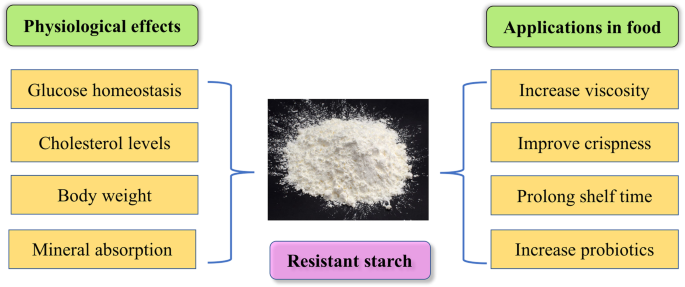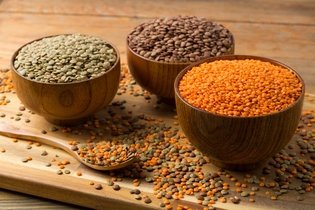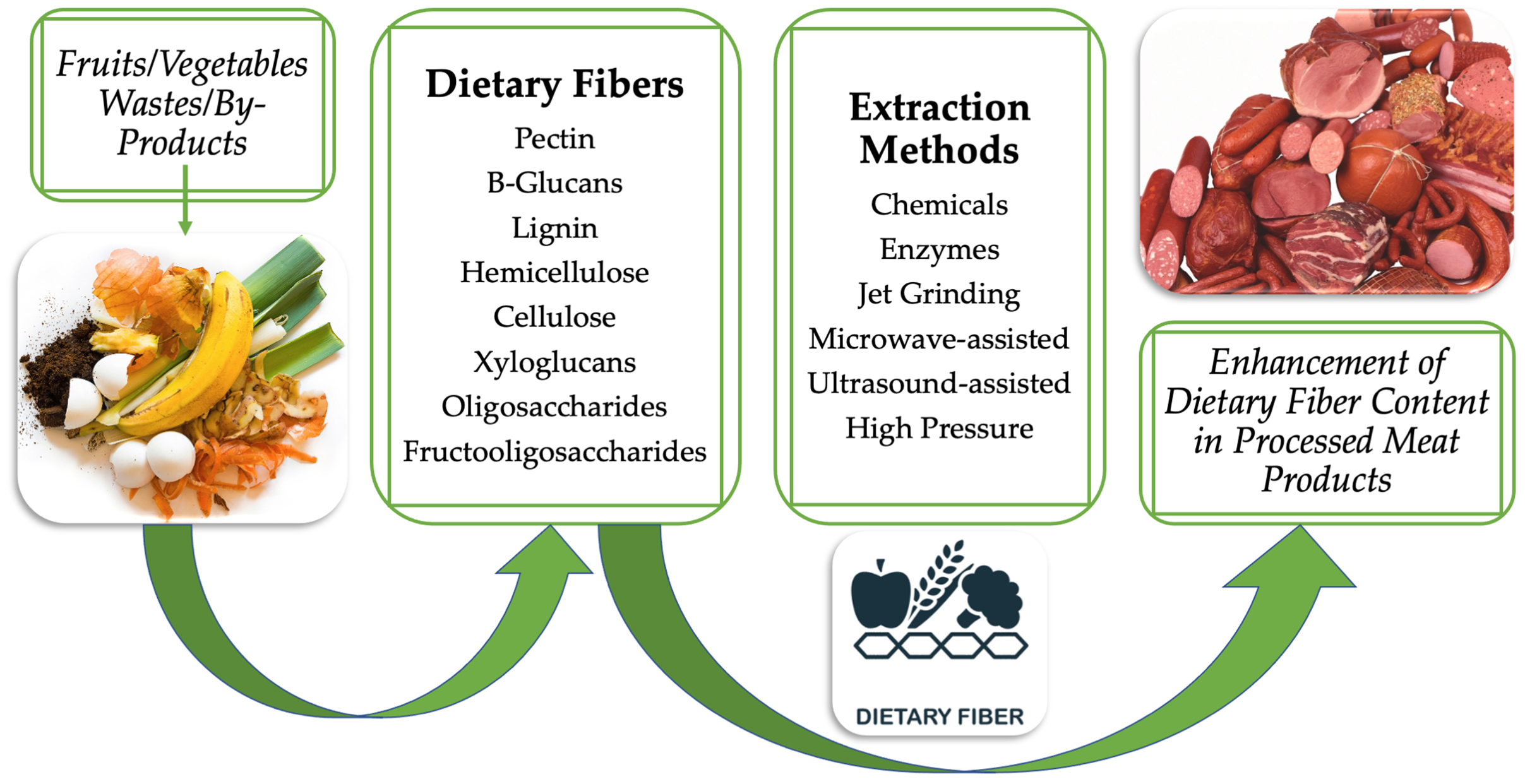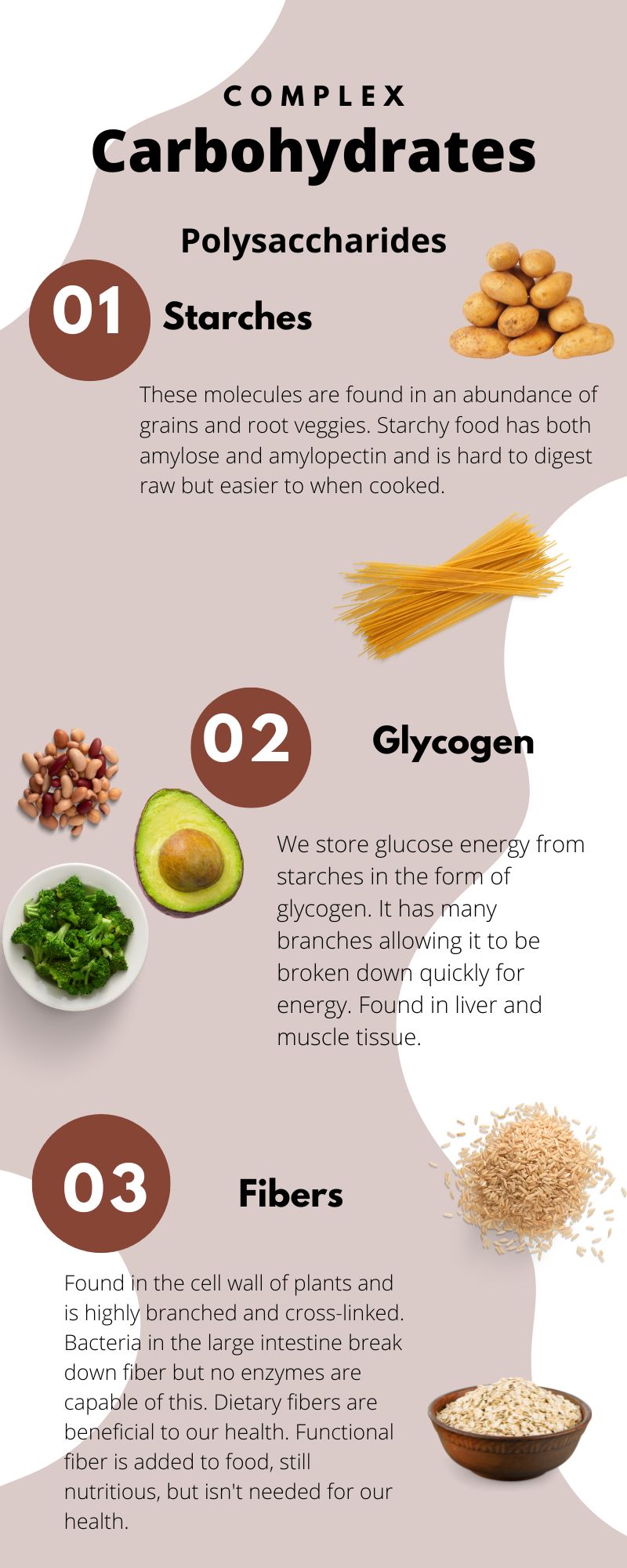
Physiological effects of resistant starch and its applications in food: a review, Food Production, Processing and Nutrition
Starch,as the main source of carbohydrates in the diet, provides energy for various activities of the body. Different types and structures of starch lead to variations in digestion and absorption, thereby affecting blood glucose levels and lipid metabolism in the body. Resistant starch (RS) has gained much attention because of its unique properties; it is not digested in the small intestine but ferments in the large intestine and produces short-chain fatty acids. RS has been found to play a crucial role in glucose homeostasis, fat metabolism, cholesterol levels and mineral absorption. Furthermore, RS has a high thermal stability, white color and low water holding capacity, making it useful in a wide range of food industry applications. This review aims to provide an update on the physiological effects of RS under physiological and pathological conditions, to provide information on the applications of RS in the food industry, and to assess whether dietary strategies to improve RS could have potential prevention and therapeutic effects for metabolic disorders associated with diabetes, obesity, and hyperlipidemia.

Synthetic biology: a new frontier in food production: Trends in Biotechnology

Come Shopping With Me To Feed A Family Of 4, Meals For, 59% OFF

Reclaiming traditional, plant-based, climate-resilient food systems in small islands - The Lancet Planetary Health

Starch Digestion Mechanistic Information from the Time Evolution of Molecular Size Distributions

Biomassa de banana verde: 8 benefícios e como fazer (com receitas) - Tua Saúde

Recent Advances in Modification Approaches, Health Benefits, and Food Applications of Resistant Starch - Zhang - 2023 - Starch - Stärke - Wiley Online Library

Structural Characteristics, Physicochemical Properties, and Digestibility Analysis of Resistant Starch Type-V Prepared from Debranched Corn Starch and Fatty Acid Complexation

Lotus Seed Resistant Starch Regulates Gut Microbiota and Increases Short-Chain Fatty Acids Production and Mineral Absorption in Mice

Incorporating dietary fiber from fruit and vegetable waste in meat products: a systematic approach for sustainable meat processing and improving the functional, nutritional and health attributes [PeerJ]

Starch Digestion Mechanistic Information from the Time Evolution of Molecular Size Distributions








